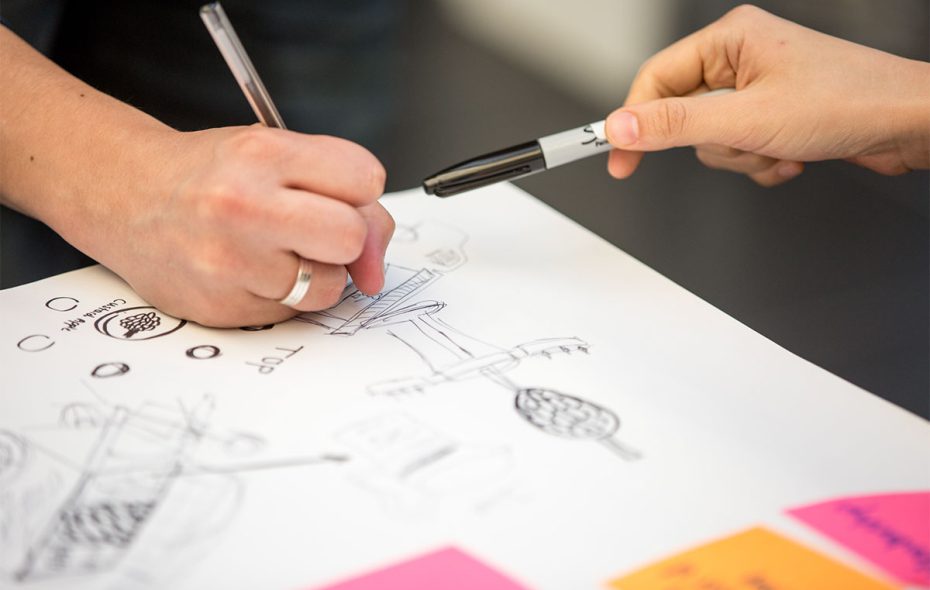
As you may have read in our Chairman Ian Taylor’s recent blog “For the Love of Spinouts,” you’ll know that UKI2S hosted an event with the Innovate UK Catapult network recently, to share our passion for innovation.
We were lucky enough to hear from futurist Mark Stevenson who described some of the ways technology might change the way we live, for good and bad. At UKI2S, we are all about helping to turn high-quality UK research into new products and services so the debate about the impact of technology on human capital is an important one for us.
In a tumultuous year, I’ve been listening to Talking Politics to help make sense of the world. Besides some great insight into US, French and UK elections, this podcast has some very thought-provoking interviews, including Yuval Harari (author of Homo Deus A Brief History of Tomorrow, which describes how artificial intelligence may transform human nature) and more recently Tim O’Reilly, the Silicon Valley entrepreneur and investor. Tim has a positive perspective on the subject of how technology will affect jobs in the future: in his view technology is the solution to human problems and we won’t run out of work until we run out of problems. Technology is about doing new kinds of work, increasing productivity through the use of tools to help us solve new problems.
That’s a view that resonates with us and our portfolio companies like Eagle Genomics who are doing some amazing work helping their customers understand their genomic data and make better drugs and deodorants and Cobalt Light Systems whose non-invasive scanning frees up time, whether it’s airline passengers or packaged pharmaceuticals.
Harvard Business Review’s article “The Simple Economics of Machine Intelligence,” makes the same case for the impact of machine learning -- as the cost of prediction goes down through machine learning, the value of judgement, a human preserve, will go up. When we can forecast Alzheimer’s disease earlier (thanks Cytox, another UKI2S portfolio company) we will need more people to design drugs and more clinicians to treat people. That’s why we continue to believe in the power of science for the good of the economy.
Recently I encouraged an audience of researchers at one of our scientific partner laboratories to read the government’s Industrial Strategy green paper: the data on UK productivity compared to our US and European competitors is a sobering read and we continue to believe that our fund is playing a small but important role in addressing this weakness in our economy.